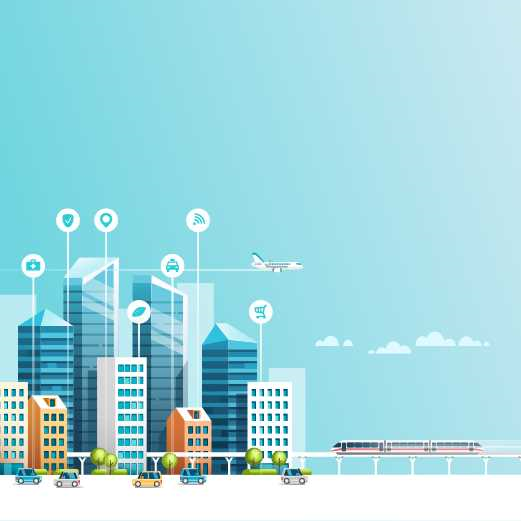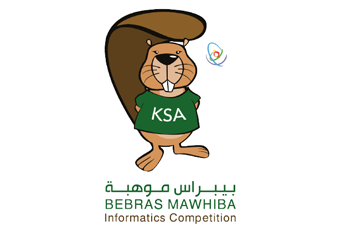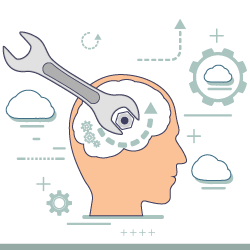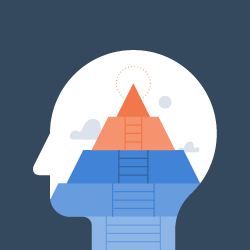Talented and gifted in smart learning cities

Prof. Dr. Saad Ali Al-Hajj Bakri
Creativity
54
This title carries four important concepts that we must understand their contents in order to realize the connection that the title raises between them. These concepts include the concepts of Gifted and Talented on the one hand, and then the concepts of Learning Cities and Smart Cities on the other hand. The first two concepts are related to two attractive human qualities, which are talent and genius, and the other two concepts are related to two good qualities of the environment in which a person lives, which are the qualities of learning and the intelligence of executing tasks. Accordingly, the topic of the article is related to attractive human qualities on the one hand, and the qualities of a suitable environment for his life on the other hand .
If we start by introducing the concepts of the two attractive human qualities, we may return to an important reference in this field, which is the Department of Education in the Australian state of Victoria, which is interested in this matter. According to this reference, a talented person is one who has a high-level latent ability in a specific field, while a brilliant person is one who can provide a distinguished performance or achievement in a specific field. Accordingly, we find that talent is a latent ability, and brilliance is an effective ability. That is, talent carries an attractive natural ability that the talented person possesses, but it is stored within him and does not affect reality, while brilliance carries a distinguished and ready executive ability, even capable of giving without delay. Therefore, it is necessary to develop the talent that a person possesses to become brilliance that can be employed and benefited from .
There are several factors associated with developing talent and turning it into genius. These factors can be viewed through the integrated environmental circles surrounding the human being, and we will assume that there are five of them:
The first circle is represented by the family, social life, customs and traditions, and this environment plays an important role in developing a person’s personality and stimulating his abilities.
The second circle is related to the available educational opportunities. There is no doubt that the existence of these opportunities and their diversification, to include various aspects of life, is necessary to advance human potential and executive capabilities.
The third circle takes educational opportunities a step further, focusing on the quality of education and the extent of its interest in discovering and nurturing talent.
The fourth circle then comes to be linked to the available business environment, the extent of its orientation towards effective competition, its keenness on creativity and innovation, its initiative in entrepreneurship, and its good management of all of that.
Then there is the fifth circle , which is the circle of being affected by and influencing the world, as this circle enjoys increasing importance with the growth of cyberspace activities that have made the world a small village .
It is noted in the previous presentation of the concepts of talent and genius that the presence of either or both of them is linked to a specific field, and the fields of life are many and varied.
The National Association for Gifted and Talented Children (NAGC) identifies a number of talent areas that are used to identify school students’ talents. In this context, there are: talent in one or more academic areas, talent in understanding cultural diversity, talent in broad thinking, talent in leadership, talent in performing required tasks, creativity in giving, talent in any of the various arts, and talent in movement, in addition to talent in other areas. Education expert Ken Robinson says in his book The Element: Every person has an element that makes him/her have high abilities in some area of life. What is meant here is that all people are talented, not just a few of them, as many believe, and the talent of every person must be discovered to give him/her a job opportunity that suits his/her talent, which leads to greater efficiency and higher productivity in various fields .
After the previous look at the two important human qualities - talent and genius - we move on to the two qualities of the environment in which a person lives, namely learning cities and smart cities. We have discussed each of them in previous articles. The goal of learning cities, according to the directives of the United Nations Educational, Scientific and Cultural Organization (UNESCO ) , is the continuous advancement of human capabilities and their way of working and living, and their response to developments and their contribution to them by providing life -long learning for all. As for the goal of smart cities, according to the directives of the International Telecommunication Union (ITU), it is to work on activating efficiency and effectiveness in performing various activities and services, achieving well-being in life and enhancing its sustainability.
The common means to achieve both of these goals is to use modern digital technology in the fields presented and to make the best possible use of its data. Perhaps it is appropriate to emphasize here that the term cities in both the terms learning cities and smart cities is an expression that can be extended to include not only cities, but the entire world, including cities, villages, and various population centers. The goal of providing lifelong learning for all, and the goal of activating efficiency and effectiveness in performing various activities and services, and achieving sustainable well-being are not limited to cities, but include all places, wherever people are. There is no doubt that the spread of the Internet and the comprehensive coverage that cyberspace seeks to provide around the world is a means to achieve both the goals of learning and well-being for all without exception .
Talented and gifted individuals in all walks of life can interact with learning cities and smart cities in a balanced and fruitful manner. Talented individuals are able to develop their talents and excel in them continuously and without interruption through lifelong learning offered by learning cities, within a comfortable and luxurious environment provided by smart cities. In return, learning cities and smart cities can benefit from the ideas of talented and gifted individuals in developing their capabilities and activating their positive impact on the development of individuals and societies.
If we had called in a previous article for a joint strategy to build learning cities that integrate with smart cities in creating a distinguished living environment, what is mentioned in this article adds to this joint strategy the need to discover talents in various areas of life, develop them and enhance their brilliance, and support the interactive and generous relationship between the talented and brilliant on the one hand, and learning cities and smart cities on the other hand .
Did you benefit from the information provided on this page?
visitors liked this page



